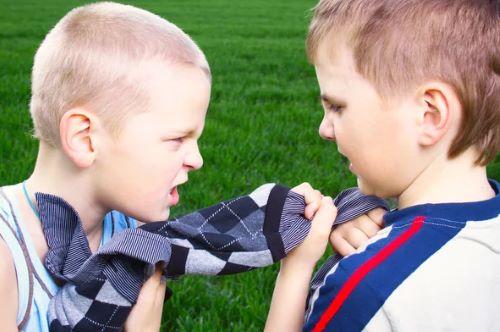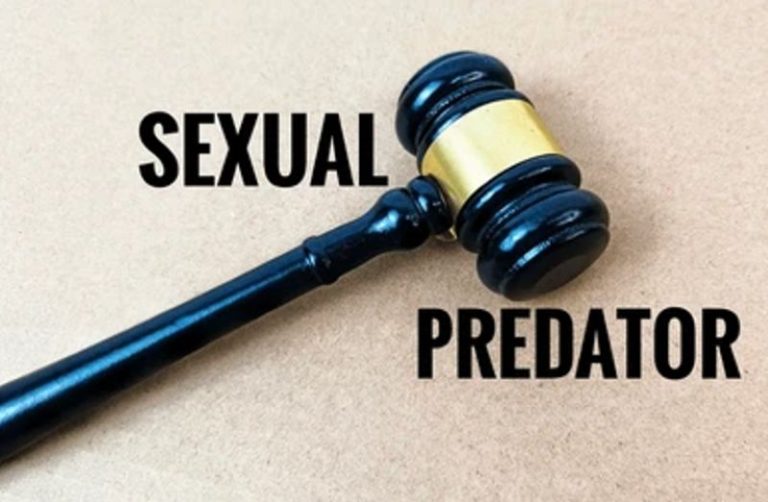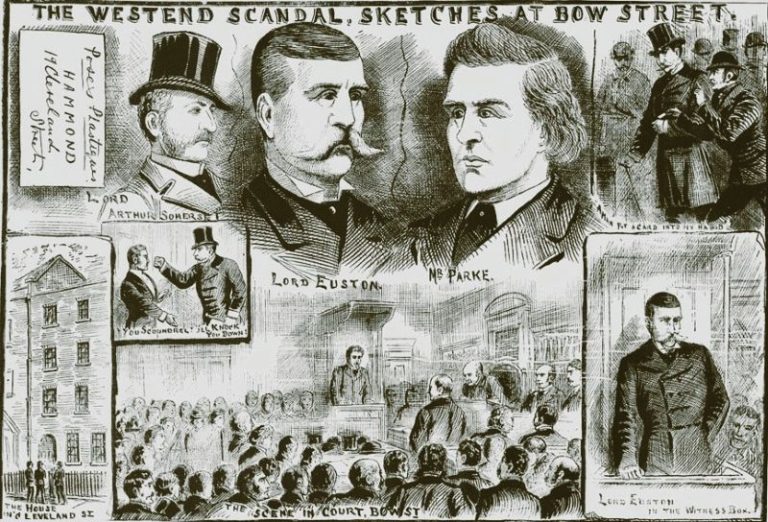

As a parent, one of your biggest concerns about your child is their welfare when they aren’t with you. And when they aren’t with you, chances are they are with their friends.
Friends can play a huge role in shaping your child’s life, especially when it comes to behaviour, values and decision making. In many instances, that can be a good thing, shaping them into pleasant, respectful and polite human beings. However, there are the worst case scenarios too, where the likes of crime, alcohol, disrespect and even drugs can come into play, with many teenagers even requiring private drug treatment as a result of falling in with the wrong crowd.
Of course, that is an extreme, but it’s one that isn’t wholly uncommon, so knowing how to identify if your child’s friends are a bad influence is key in guiding them towards healthier relationships, choices and, ultimately, having a group of friends they can rely upon.
So, if you’re worried, here are some signs that may suggest your child’s friends are a bad influence.
Changes in Behaviour
One of the clearest signs that your child may be being negatively influenced by friends is a change in their behaviour. If your typically well behaved child is all of a sudden becoming disrespectful or defiant, then chances are they’re being influenced by friends who don’t share the same values that you’ve instilled in them.
This could manifest itself in various ways, whether it be more arguments at home, showing a lack of interest in hobbies and interests they previously loved, or a change in performance at school.
Negative Attitude Towards School
Their attitude towards school is actually a common sign too, and can be a real red flag, particularly if they start skipping classes or neglect homework. While many children struggle to be enthused by school, if your child once was excited about learning but no longer is, it could be worth understanding the role their friends may be having in this.
Bad friendship groups can often influence rebellion in class and not only is that disrespectful to the teachers in the class, it can have a hugely damaging impact on a child’s future.
Secretive Behaviour
Even as adults, if we’re doing something we shouldn’t we become more secretive about it, so it’s no surprise that’s the case with children too. This can be a real cause for concern.
It can be expected that as children grow older they will want a little more privacy, excessive secrecy such as lying about whereabouts or hiding their phone can indicate they are engaging in behaviours you wouldn’t approve of. This can often be risky behaviour too, like drinking, taking drugs, smoking and other frowned upon activities.
New Friend Group Dynamics
Observe how your child’s new friends behave when they are around you. Do they show respect for adults and authority, or do they exhibit rude or dismissive behaviour? Friends who disrespect boundaries or encourage your child to do the same can be a negative influence. Additionally, if your child’s friends are often in trouble at school or have a history of engaging in problematic behaviour, it’s important to consider how these dynamics might affect your child.
Loss of Interest in Positive Activities
If your child suddenly loses interest in hobbies or activities they once loved, this could be another sign that they are being influenced by negative peers. Friends who discourage participation in positive activities or who make fun of your child’s interests can lead to a loss of self-confidence and motivation. This shift away from constructive pastimes can be detrimental to your child’s overall development and well-being.
Increased Conflict at Home
An increase in conflict at home can also be indicative of a bad influence from friends. If your child begins to argue more frequently, especially when you try to set boundaries or discuss their friends, this defensiveness could be a sign that they are aware their friends are leading them down the wrong path, but they are reluctant to admit it. It’s important to approach these situations with understanding and open communication rather than confrontation.
Changes in Appearance or Habits
A sudden and drastic change in your child’s appearance or habits, such as adopting a new style of dress, using new slang, or picking up unhealthy habits like smoking, may reflect the influence of a new group of friends. While some changes are a normal part of growing up, especially during adolescence, it’s important to distinguish between natural exploration and the adoption of risky behaviours encouraged by peers.
Trust Your Instincts
As a parent, you have a unique insight into your child’s personality and character. If something feels off, trust your instincts. You know your child better than anyone else, and if you sense that their friends are having a negative impact, it’s worth exploring further.


